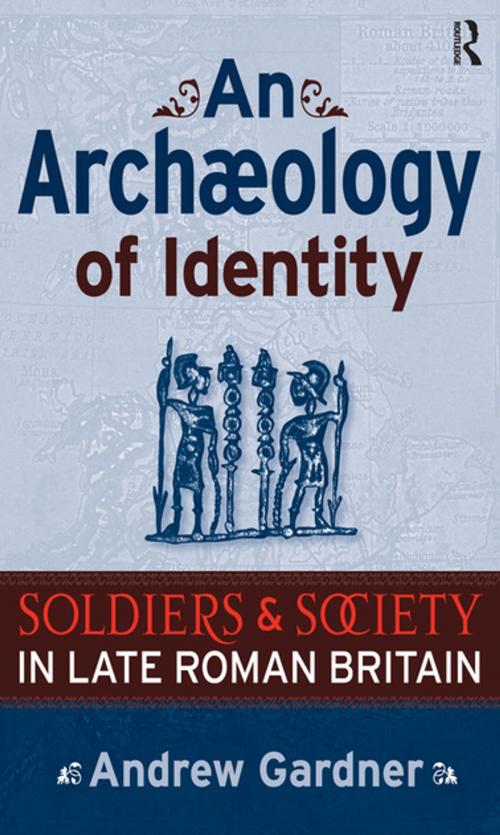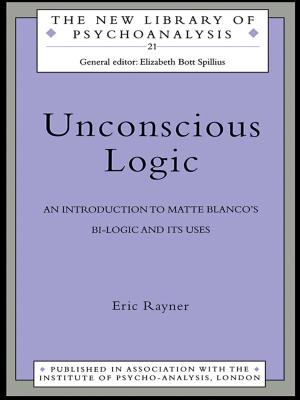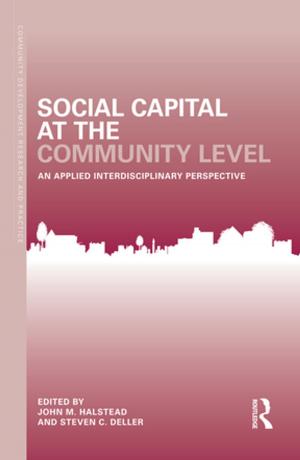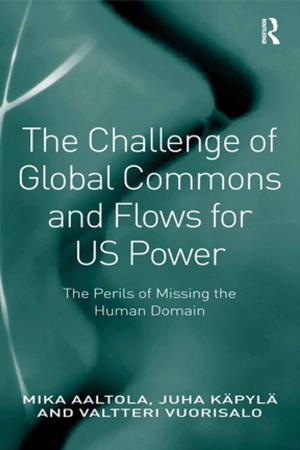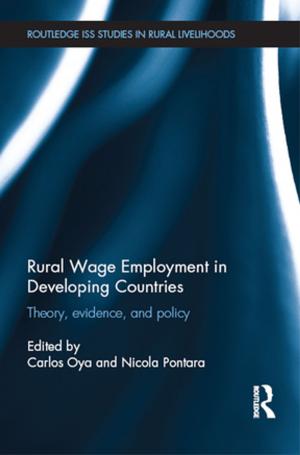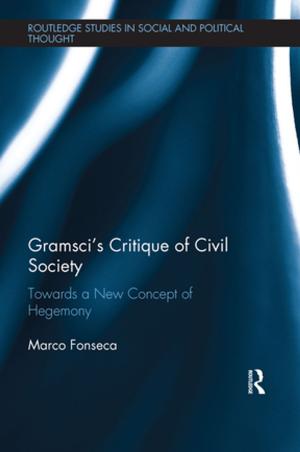An Archaeology of Identity
Soldiers and Society in Late Roman Britain
Nonfiction, Social & Cultural Studies, Social Science, Archaeology| Author: | Andrew Gardner | ISBN: | 9781315435077 |
| Publisher: | Taylor and Francis | Publication: | September 16, 2016 |
| Imprint: | Routledge | Language: | English |
| Author: | Andrew Gardner |
| ISBN: | 9781315435077 |
| Publisher: | Taylor and Francis |
| Publication: | September 16, 2016 |
| Imprint: | Routledge |
| Language: | English |
What happened to Roman soldiers in Britain during the decline of the empire in the 4th and 5th centuries? Did they withdraw, defect, or go native? More than a question of military history, this is the starting point for Andrew Gardner’s incisive exploration of social identity in Roman Britain, in the Roman Empire, and in ancient society. Drawing on the sociological theories of Anthony Giddens and others, Gardner shapes an approach that focuses on the central role of practice in the creation and maintenance of identities—nationalist, gendered, class, and ethnic. This theory is then tested against the material remains of Roman soldiers in Britain to show how patterning of stratigraphy, architecture, and artifacts supports his theoretical construct. The result is a retelling of the story of late Roman Britain sharply at odds with the traditional text-driven histories and a theory of human action that offers much to current debates across the social sciences.
What happened to Roman soldiers in Britain during the decline of the empire in the 4th and 5th centuries? Did they withdraw, defect, or go native? More than a question of military history, this is the starting point for Andrew Gardner’s incisive exploration of social identity in Roman Britain, in the Roman Empire, and in ancient society. Drawing on the sociological theories of Anthony Giddens and others, Gardner shapes an approach that focuses on the central role of practice in the creation and maintenance of identities—nationalist, gendered, class, and ethnic. This theory is then tested against the material remains of Roman soldiers in Britain to show how patterning of stratigraphy, architecture, and artifacts supports his theoretical construct. The result is a retelling of the story of late Roman Britain sharply at odds with the traditional text-driven histories and a theory of human action that offers much to current debates across the social sciences.
